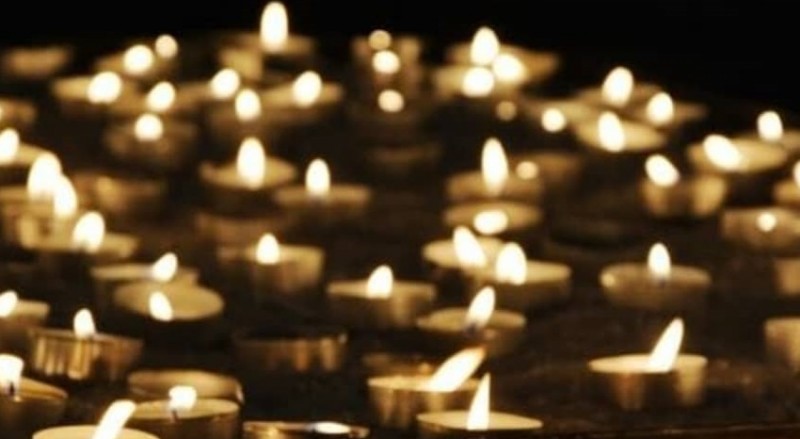
Every year on December 9th, the world solemnly observes the International Day of Commemoration and Dignity of the Victims of the Crime of Genocide and of the Prevention of this Crime. This day holds profound significance, marking the adoption of the Convention on the Prevention and Punishment of the Crime of Genocide by the United Nations General Assembly in 1948. The convention stands as a beacon of hope, a commitment to safeguard human rights, and a vow to prevent the heinous crime of genocide from ever occurring again.
Enshrined as the first human rights treaty of its kind, the Genocide Convention emerged from the harrowing shadows of World War II. The horrors witnessed during this global conflict propelled nations to unite in a collective determination of "never again." The Convention serves as an enduring reminder of the atrocities humanity is capable of committing and the imperative to protect vulnerable groups from annihilation.
At its core, the Convention offers a definitive definition of genocide: the deliberate and systematic destruction, in whole or in part, of a national, ethnic, racial, or religious group. This definition encompasses various forms of atrocities, including but not limited to killings, torture, displacement, and other inhumane acts. Crucially, the Convention emphasizes that genocide is not confined solely to times of war; it can rear its devastating head even in times of peace.
The significance of this day extends beyond mere remembrance; it underscores the pressing need for ongoing vigilance and proactive measures to prevent future genocides. As the world commemorates the victims of past genocides, it serves as a call to action for governments, organizations, and individuals worldwide to remain vigilant, advocate for justice, and take concrete steps to prevent such abhorrent crimes from occurring again.
However, despite the international community's commitment to preventing genocide, the world continues to witness instances of grave human rights violations and mass atrocities. From the horrors of the Holocaust to more recent tragedies in Rwanda, Bosnia, and Myanmar, the grim reality persists: genocide remains a present danger that demands unwavering attention and action.
Therefore, on this day of remembrance and reflection, it becomes imperative for nations to reaffirm their dedication to the principles of human rights, tolerance, and dignity for all. It calls for the promotion of education, awareness, and understanding to combat prejudices and ideologies that fuel hatred and division.
Moreover, the commemoration of the International Day of Dignity for Genocide Victims should serve as a catalyst for nations to strengthen their commitment to early warning systems, conflict prevention, and the protection of vulnerable communities. By addressing root causes of tension, fostering inclusivity, and promoting dialogue, societies can strive towards a future where the scourge of genocide is a distant memory.
As the world stands in unity to honor the victims and survivors of genocide, it is incumbent upon each individual to uphold the pledge of "never again." By standing together, advocating for justice, and championing human rights, we honor the memory of those lost to genocide and strive towards a future where dignity, tolerance, and the sanctity of every human life are upheld and protected.